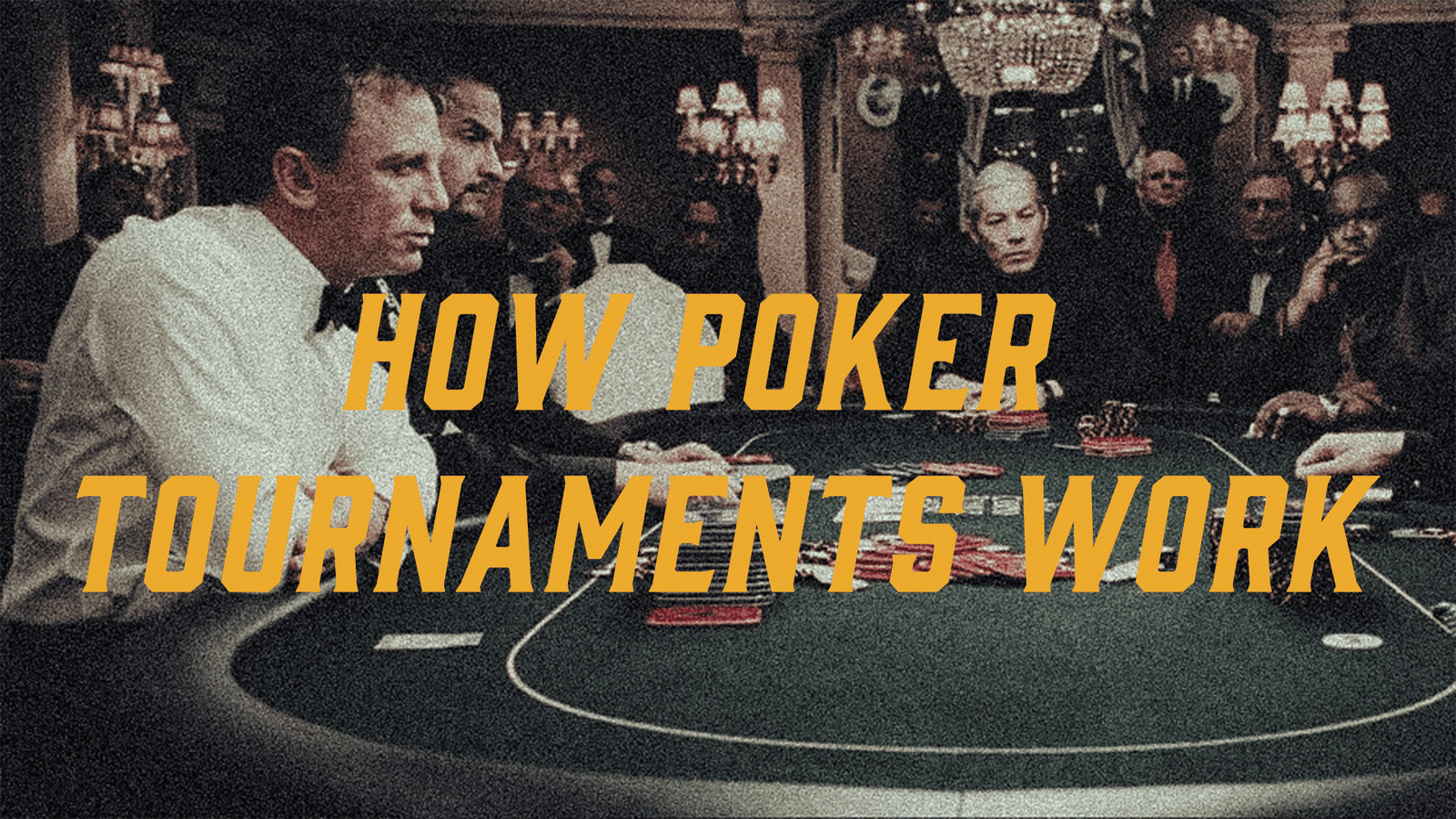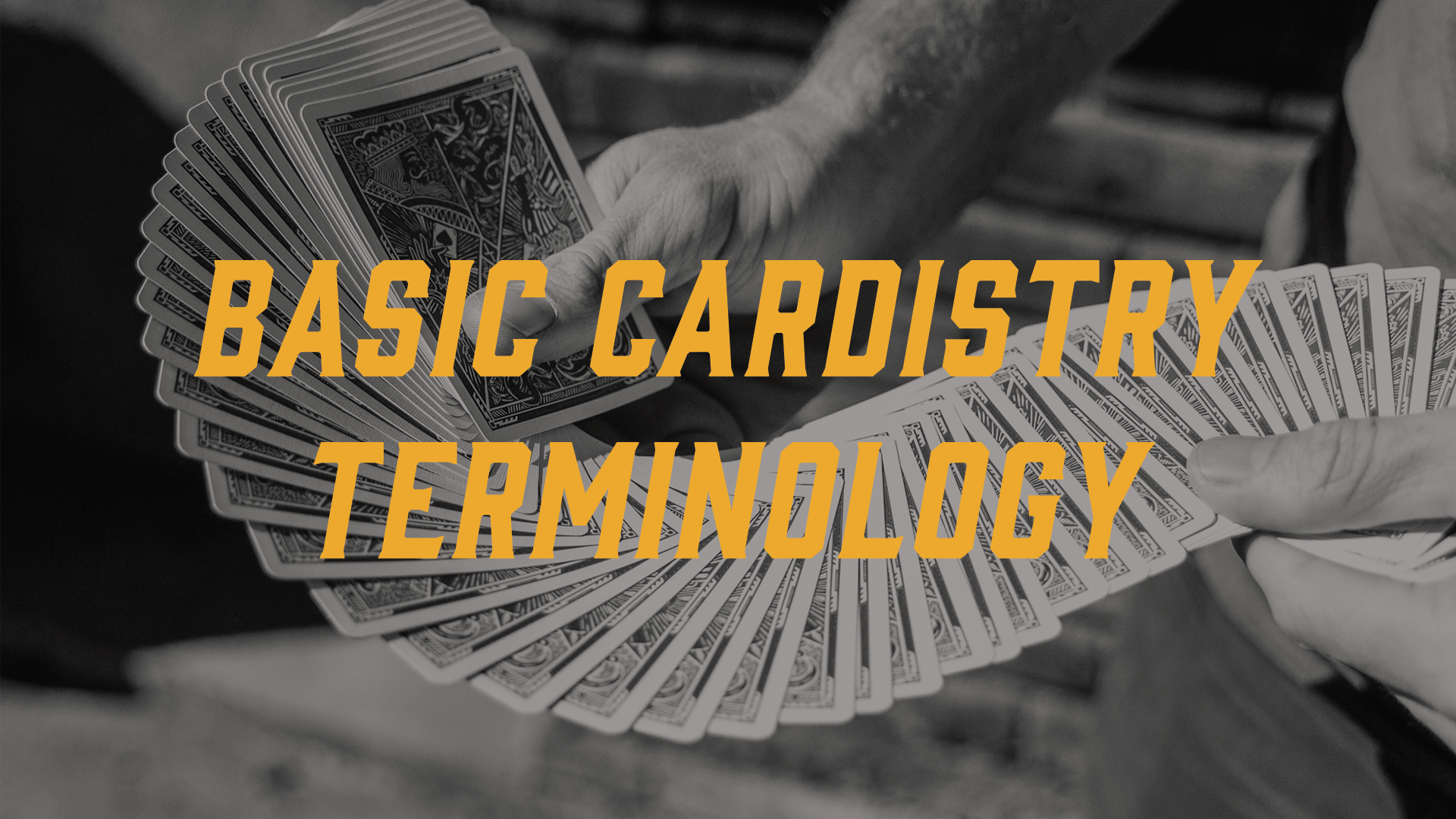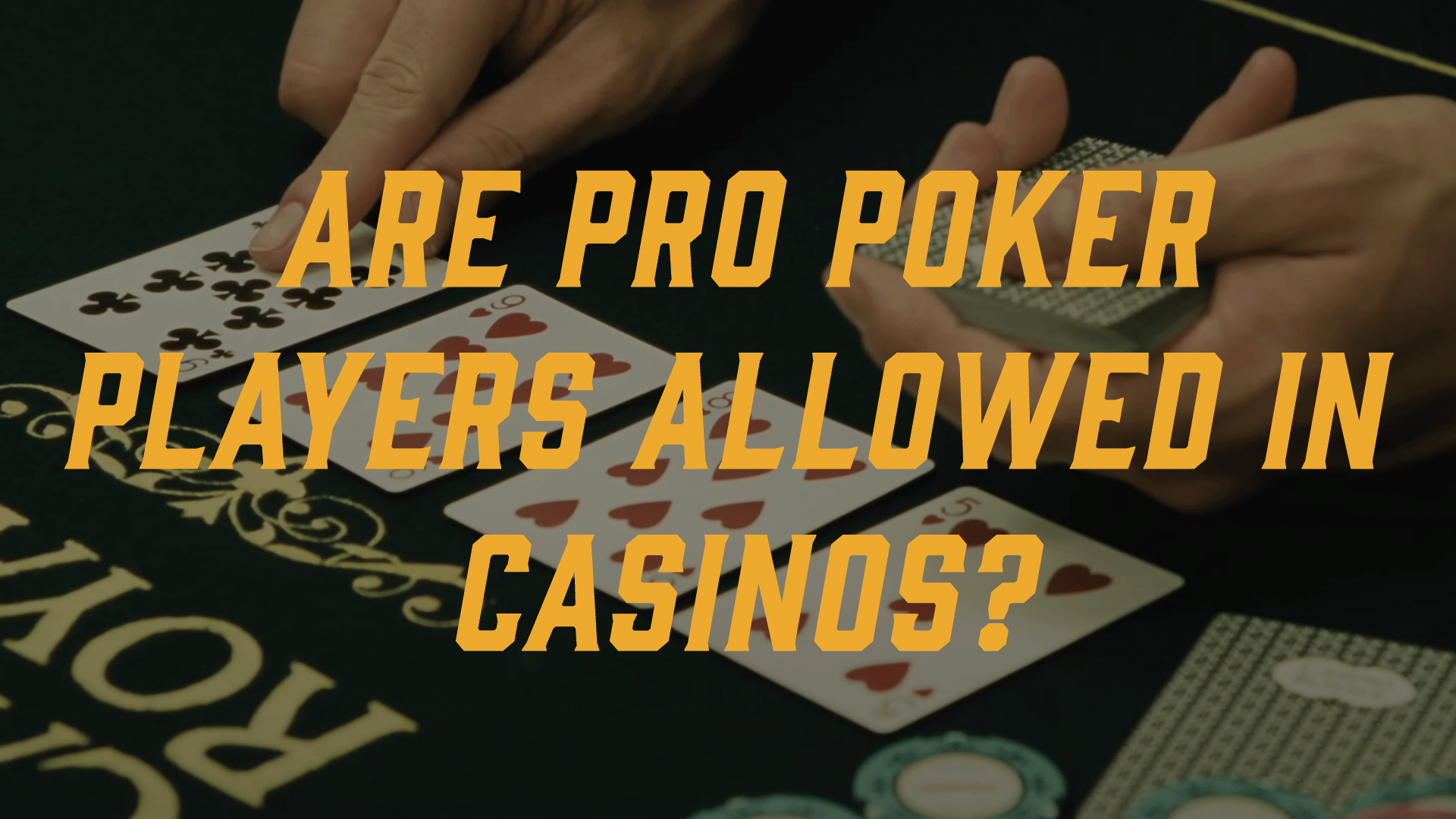How Poker Tournaments Work: A Comprehensive Guide

Poker tournaments are the heartbeat of the poker world, attracting players from all walks of life to showcase their skills, test their mettle, and vie for lucrative prizes.
This guide is for everyone - seasoned pros, curious beginners!
Understanding how poker tournaments work is essential. In this guide, we'll break down the ins and outs of poker tournaments, from the basics to the complexities, so that you can get a hang of the tournaments and win big,
The Basics: Tournament Structure

Poker tournaments offer an exciting departure from cash games, presenting players with a fixed buy-in that covers their entry and a stack of tournament chips. These chips, unlike the cash in your wallet, are strictly for tournament play and hold no monetary value outside of the event. Unlike cash games where you can leave whenever you choose, tournaments play down to a single winner as players are gradually eliminated.
In contrast to cash games where the blinds (forced bets) remain constant, tournament blinds increase as the game progresses. This dynamic ensures that the action remains engaging, and as players accumulate chips from eliminated opponents, their stacks grow larger.
Tournament Rules: Navigating the Poker Maze

Understanding the rules of poker tournaments is crucial for a seamless gameplay experience. Here are some key points to keep in mind:
Entrance Fees:
Your buy-in consists of both the prize pool contribution and an entrance fee. For instance, a $100 + $10 tournament allocates $100 to the prize pool and $10 as the entrance fee.
Late Registration:
Tournaments allow players to join after the start, but once the late registration period ends, new participants are locked out, and the competition plays on.
Seating:

At the start, players are seated randomly with equal starting stacks. As latecomers join, new tables form to balance player numbers. The tournament condenses as players are eliminated, leading to table reconfigurations.
Absent Players:
To maintain fairness, all players must be dealt into each hand. Absent players automatically post blinds or antes and fold their hands.
Tournament Speeds and Structures:
Tournaments come in various speeds, from slow to hyper-turbo (3 minutes to 2 hours), accommodating diverse preferences for gameplay pace.
Tournament Types:
Beyond traditional formats, bounty and progressive bounty tournaments introduce an exciting twist. Players collect bounties by eliminating opponents, enhancing the strategic dimension.
Variants and Table Sizes:
Tournaments span multiple poker variants, from no-limit hold'em to Omaha. Table sizes vary, with options ranging from heads-up duels to full 9-handed tables.
Hand-for-hand Play:

In larger tournaments nearing the money bubble (the last unpaid position), hand-for-hand play ensures fairness by dealing one hand at a time across all tables.
Heads Up Blinds:
In the heads-up stage (final two players), the button posts the small blind and initiates the initial betting round.
Time Management:
A shot clock limits decision time, with an extended timebank available. Disconnection timebanks prevent unfair losses due to technical glitches.
Synchronized Breaks:

Tournaments offer synchronized breaks once an hour, allowing players to regroup and strategize.
Multiple Flights:
Multi-flight events enable entry in multiple phases, with the best stack advancing to subsequent stages.
Tournament Cancellation Policy:
Tournaments may be canceled under various circumstances, with corresponding refund policies.
The Prize Pool and Payouts
The aura of poker tournaments lies in the potential for a significant return on investment. Prize money is distributed among players who reach the top finishing positions, with the prize pool generally being shared among the top 10-30% of participants.
As the tournament advances, the prize amounts escalate, adding an extra layer of excitement to the proceedings.
Satellites: The Gateway to Glory
Do you remember how in Casino Royale, James Bond enters a high-stakes poker game to take down a notorious criminal? Similarly, in poker tournaments, satellites act as gateways to larger events. These special tournaments offer fixed-amount entries to a target tournament or a subsequent satellite.
Much like Bond's quest for justice, satellite winners secure their passage to the ultimate showdown, creating an intriguing moment between the world of poker and the silver screen.
The Bottomline
Poker tournaments exemplify the convergence of skill, strategy, and chance. Much like James Bond's daring exploits in Casino Royale, players enter the arena with their wits sharpened, navigating the dynamic landscape of blinds, stack sizes, and opponents.
As you immerse yourself in the world of poker tournaments, remember that every decision you make holds the potential to propel you to victory or lead to your downfall.
So, channel your inner Bond, embrace the exhilaration, and experience the thrill of poker tournaments firsthand.







Leave a comment